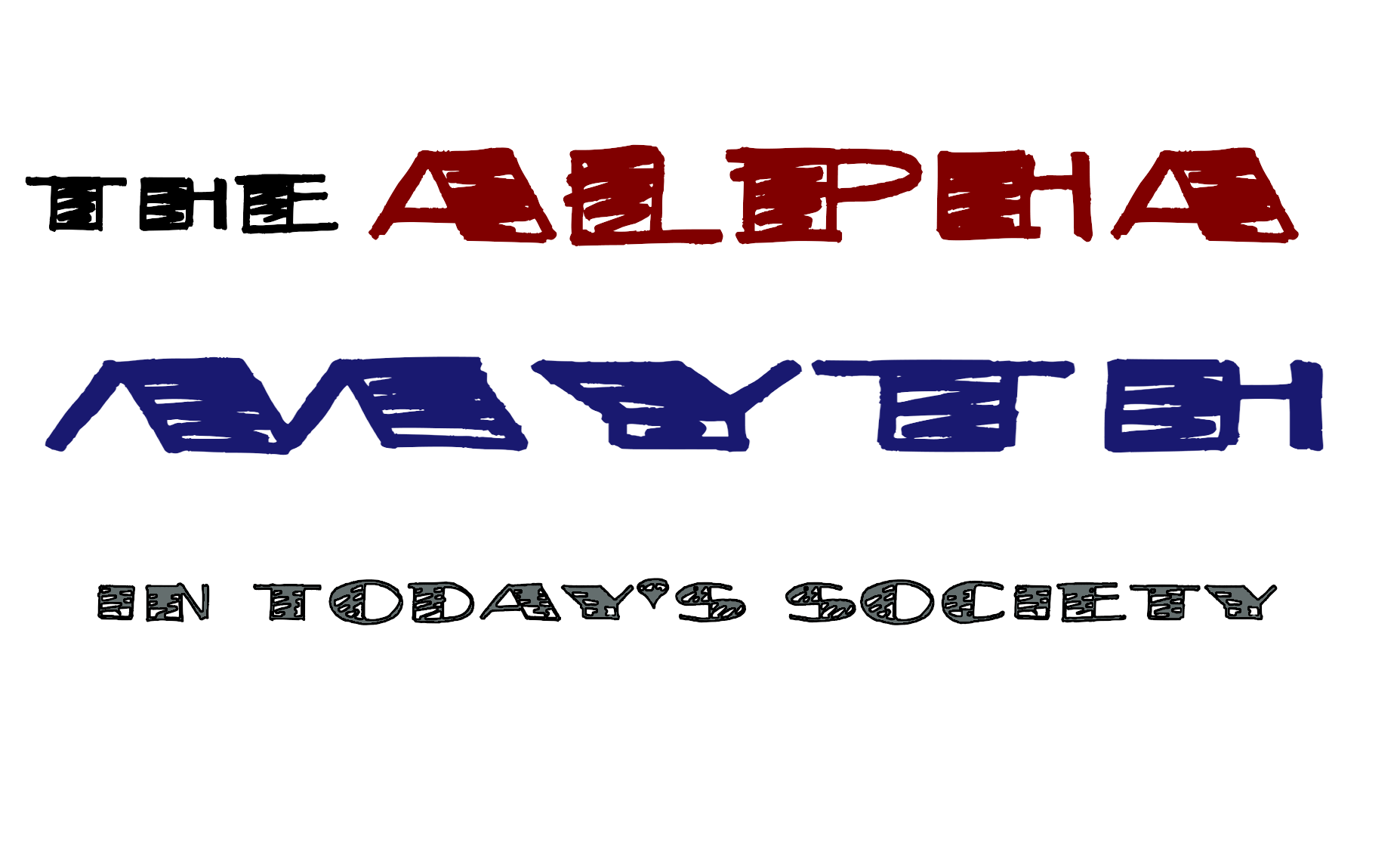 There are situations in the wild where there is an Alpha, the dog who leads the pack and dominates all the others. However, once the dog is out of his natural environment and is in a comfortable home, his instinctive needs begin to change. He no longer has to chase a squirrel for dinner or challenge a larger animal for a place to sleep. His survival is assured, so he loses the need to fight for it. And he no longer has the consistency of the pack. In the wild, the animals develop a pecking order that hardly varies from day to day. In a family, however, you don’t have that rigid role-playing. If you take a stray off the streets after he has been living in a pack, and let him adjust to normal family life, within a short period of time, he will become less and less of the pack member and more and more a family member.
There are situations in the wild where there is an Alpha, the dog who leads the pack and dominates all the others. However, once the dog is out of his natural environment and is in a comfortable home, his instinctive needs begin to change. He no longer has to chase a squirrel for dinner or challenge a larger animal for a place to sleep. His survival is assured, so he loses the need to fight for it. And he no longer has the consistency of the pack. In the wild, the animals develop a pecking order that hardly varies from day to day. In a family, however, you don’t have that rigid role-playing. If you take a stray off the streets after he has been living in a pack, and let him adjust to normal family life, within a short period of time, he will become less and less of the pack member and more and more a family member.
Those dog owners who persist in believing that they can force the pack situation on their pet also believe that in order to maintain control, they must become the Alpha, the one to whom the dog looks up to slavishly and the one the dog obeys without question. These owners tend to be very physical in their style of training—they will push the dog over and make him submit, hit him on the nose or use electronic or prong collars for the least infraction, when the dog disobeys.
I cannot stress strongly enough how much I oppose this kind of thinking and behaving. There’s almost no way not to make a pet neurotic when he’s bullied and bossed into submission. In a family where there is one dominant personality, it’s neither good for the dog’s psyche—not to mention the family dynamic in general.
When one person acts as boss and the others in the family react to him as though he is the chief drill sergeant and they had better obey or else, the pet understands soon enough that the working principle here is psychological survival of the fittest. This means that, as soon as the boss is gone, the door is open for the pet to challenge any of the other weak people who obey the boss. This includes strangers who enter the home as well as other family members. A dog that is always testing the power structure around him can easily become passive aggressive animal, one who is submissive to the master but aggressive to everyone else. Passive aggression can be very dangerous, because the animal may appear to be perfectly normal one moment, and then may begin to growl and snap for no particular reason. The pet may try to take advantage of the smaller members of the household, and, unless therapy is instituted very quickly, generally will succeed.
Are dominance problems more evident in strays than in animals that come from other backgrounds? Many people say to me, “Well, our dog lived on the streets most of his young life, and he’ll never stop being a pack animal. Every time we’re in the park, he eats every bit of discarded food on the ground or begs scraps from people eating their lunch. He always acts very aggressive with the other dogs he sees there.”
It is true that animals do have a kind of remembrance of things past. If your stray was fending for himself for months and did have to scrounge for every morsel, he may keep doing it even when he is getting two square meals a day at your house. This does not mean he’s reacting like the pack animal he use to be, but ,rather, that he’s responding to some scent or awareness of the park as the hunting ground he use to frequent. His aggressive reaction to other dogs is part of the past. The other possibility is that he has a very keen sense of smell and can spot food or another animal a mile away—or that he’s unusually inquisitive and just wants to meet those other pets to see whether he likes them or not.
The issue of dominance is such a complicated and subtle one that I feel it must be broken up into various components to be understood fully. Only when each facet of the problem makes sense can we do anything about regulating it and establishing the kind of consistency in a family that will solve it once and for all.



